It Says Cholesterol-Free! Cholesterol-Free on a Food Label--What Does that Mean?
- Brendel Plonka
- Jul 21, 2023
- 3 min read
Updated: Jul 24, 2023
Often foods are labeled with claims that sound enticing for the health-conscious. It's great when food manufacturers tell us how healthy their product is...right? Some people wonder how accurate these claims are, and for good reason. Food manufacturers have a lot to gain if we think their product is healthy. We will buy it again and again and they will make money.
"Cholesterol-Free" on a Food Label
I often see "cholesterol-free" on a food label. It is on canola oil, frozen vegetables, dried fruit, nuts, peanut butter, barley, and other plant foods. Should I be impressed and go buy that product because it is cholesterol-free? Do the other brands' dried fruit and nuts contain cholesterol if they are not labeled as "cholesterol-free?"
Cholesterol in Food
Cholesterol is found in a very specific category of food and in that category only. Only foods of animal origin will contain cholesterol. There is cholesterol in beef, chicken, eggs, fish, and milk. Plant foods will never contain cholesterol, unless animal ingredients are added. There is no cholesterol in fruit, vegetables, nuts, grains, beans.
There are some very nutritious foods that contain cholesterol such as fish, chicken, eggs, and milk. Foods with lesser nutrition value can be cholesterol-free, such as potato chips, ice pops, and candy. "Cholesterol-free" on a food label is not an indication of how nutritious a food is.
Some of the Science of Cholesterol
Cholesterol, a type of lipid, is formed by almost every animal cell. It is a necessary part of some hormones, bile, and vitamin D. A blood cholesterol level of less than 200mg/dL is correlated with a lower risk of heart disease.
Contrary to what is often assumed, it is not high cholesterol intake that leads to a high blood cholesterol level. Instead, it is high saturated fat intake that leads to high blood cholesterol levels.
Beta Glucan Fiber to Lower Cholesterol
Knowing that cholesterol is used to form bile helps guide one method of lowering cholesterol. Usually, bile is recycled in our body. It is formed in the liver, stored in the gall bladder, and released into the small intestine to help with digestion. Most of the bile is reabsorbed and returned to the liver to be used again.
Beta glucan is a type of fiber that binds to bile while it is in the intestine preventing it from being reabsorbed. Instead it is excreted, thereby decreasing the amount of one of its ingredients, cholesterol, in the body. Eating 3gm of beta glucan per day can lower cholesterol levels.
Fortunately, this type of fiber is readily found in easily accessible foods such as oatmeal and barley. The servings of these foods that contain 3gm of beta glucan are1.5 cups cooked oatmeal or 1.25 cups of cooked barley. Other foods high in beta glucan are some mushrooms and nutritional yeast.
In Summary: Should "Cholesterol-Free on a Food Label Impress us?
I am a lot less impressed when I see "cholesterol-free" on a food label now--especially when it is printed on foods that would never contain cholesterol to begin with. If this claim is on a plant food, it screams to me that the food company is trying to make me think that the food is more impressive than it is. Mind you, plant foods are exceedingly healthy! But not because they are cholesterol-free. And those vegetables, fruits, or grains that do not say "cholesterol-free" are no less healthy than those that do say "cholesterol-free."
Additionally, if someone is concerned about having elevated cholesterol levels, eating less cholesterol is not the solution. Eating less saturated fat and more beta glucan can make a difference.
At the end of the day, it is a general diet pattern that is predictive of health, not specific nutrients. A healthy diet has a food approach, not a nutrient approach. A healthy diet contains grains, beans, fruits, vegetables, nuts, fish, yogurt, and many other foods. A healthy diet, and more importantly a healthy mindset, is not attained by focusing merely on saturated fat, cholesterol, or fiber.
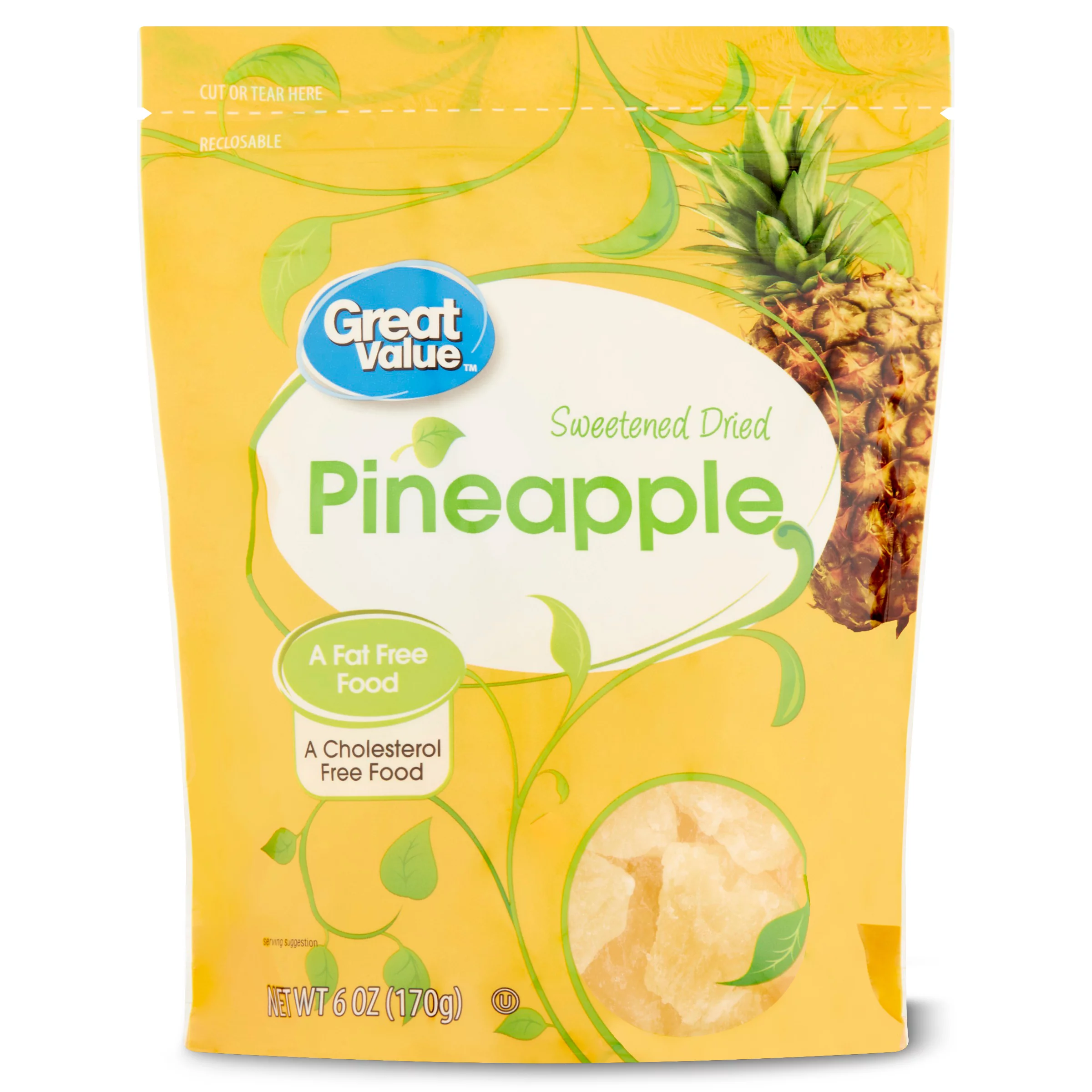
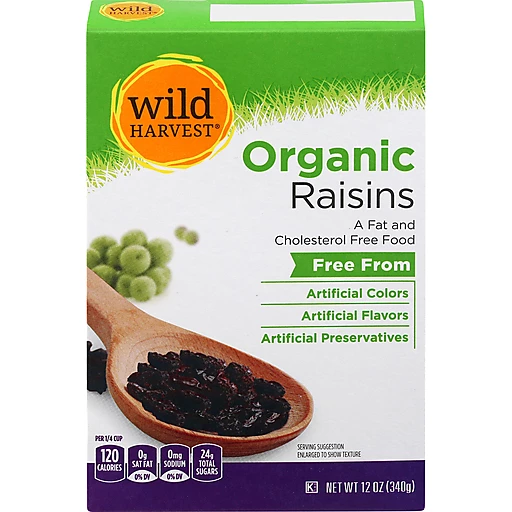
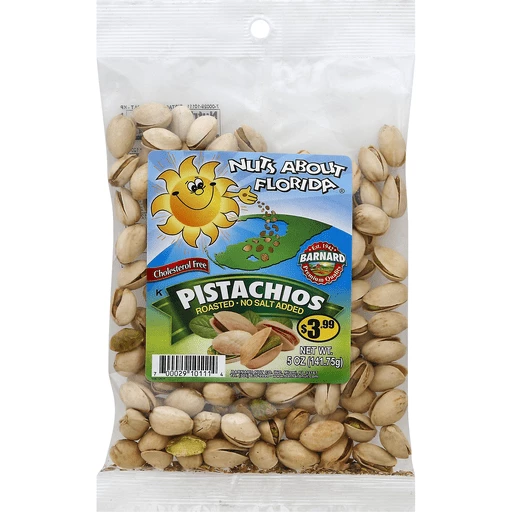
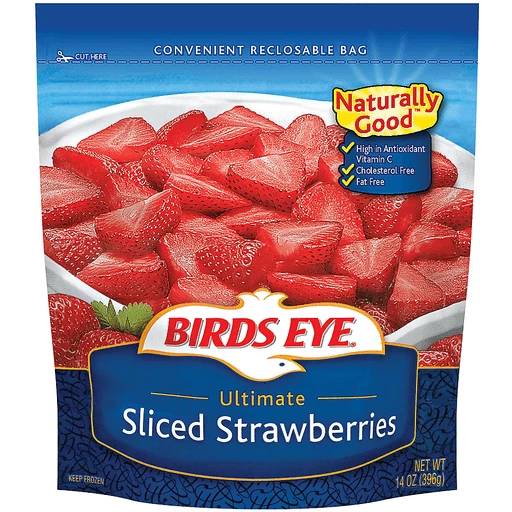



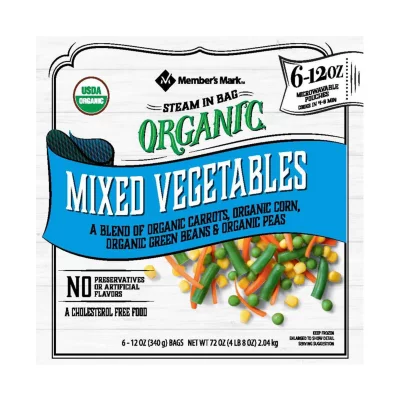
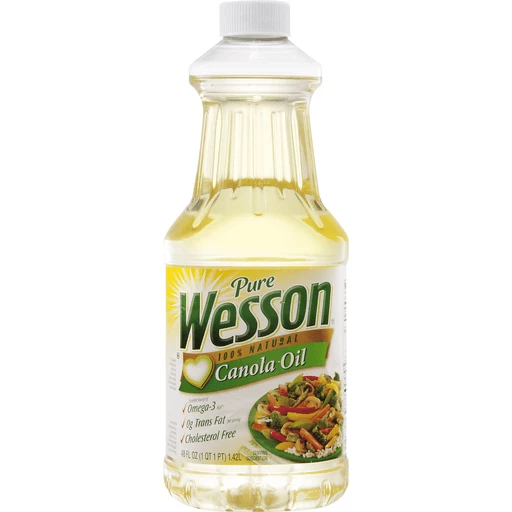
Love your posts
Really interesting. Learnt some valuable stuff
thanks
This is super informative! Thanks!